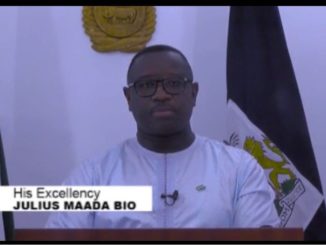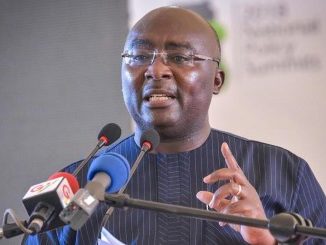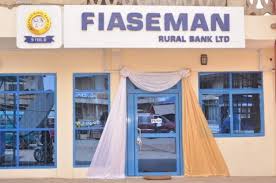MEROE, Sudan (Reuters) – Portuguese architect Tania Monteiro and her husband are almost alone as they tour Sudan’s pyramids, a world-class attraction long neglected by the world.
“People are really, really nice, always very welcoming,” Monteiro said on a recent visit to Meroe, an ancient city on the east bank of the River Nile about 200 km (125 miles) northeast of the capital Khartoum.
Sudan has more – though smaller – pyramids than Egypt, but attracted only about 700,000 tourists in 2018 compared to some 10 million in its northern neighbor.
Conflicts and crises under veteran ruler Omar al-Bashir, a tough visa regime and a lack of roads and decent hotels outside Khartoum have made Sudan an unlikely tourist destination.
But Bashir lost power in April, and the new civilian transition government is easing visa rules to attract more visitors with their hard currency to places such as the Royal Pyramids of Meroe. A film crew was shooting a promotional video for a travel agency in Khartoum.

Like the Egyptians, the Nubian Kush dynasty that ruled in the area some 2,500 years ago buried members of the royal family in pyramid tombs.
Near Meroe’s pyramids lie an array of temples with ancient drawings of animals and the ancient city of Naga, and there are more pyramids further north at Jebel Barka.
RISE IN TOURIST NUMBERS
The new government has already started relaxing the visa system, including dropping a permit required for travel outside Khartoum, said Graham Abdel-Qadir, undersecretary of the ministry of information, culture and tourism.
“There has been already a rise of tourists in October and November thanks to the new system,” he told Reuters.
Arrivals fell this year because of unrest but numbers are expected to exceed 900,000 next year and might reach up to 1.2 million in 2021, he said.
Sudan needs tourists after decades of isolation and hyperinflation. This week the pound fell on the black market to 81 per dollar. The official rate is 45.
At Meroe, thanks to money from Qatar and German expertise, a visitor’s center has been set up explaining the history of Sudan and the pyramids. There are walking tracks and a new reception center.
Visitors can for first time enter the pyramids’ interior and will soon be able to go into tombs underneath, part of Qatar’s $135 million aid. Several pyramids will be restored after decades of neglect.
Sudanese tourists are also coming.
“We had three buses (of Sudanese alone) yesterday,” said Mahmoud Suleiman, head of the site.
–



